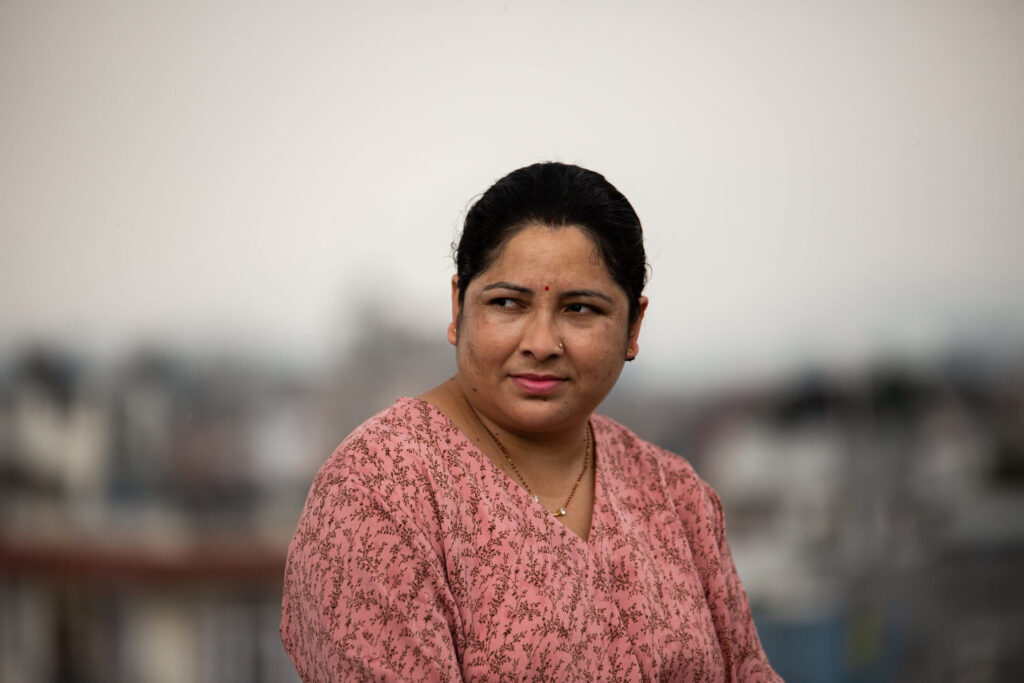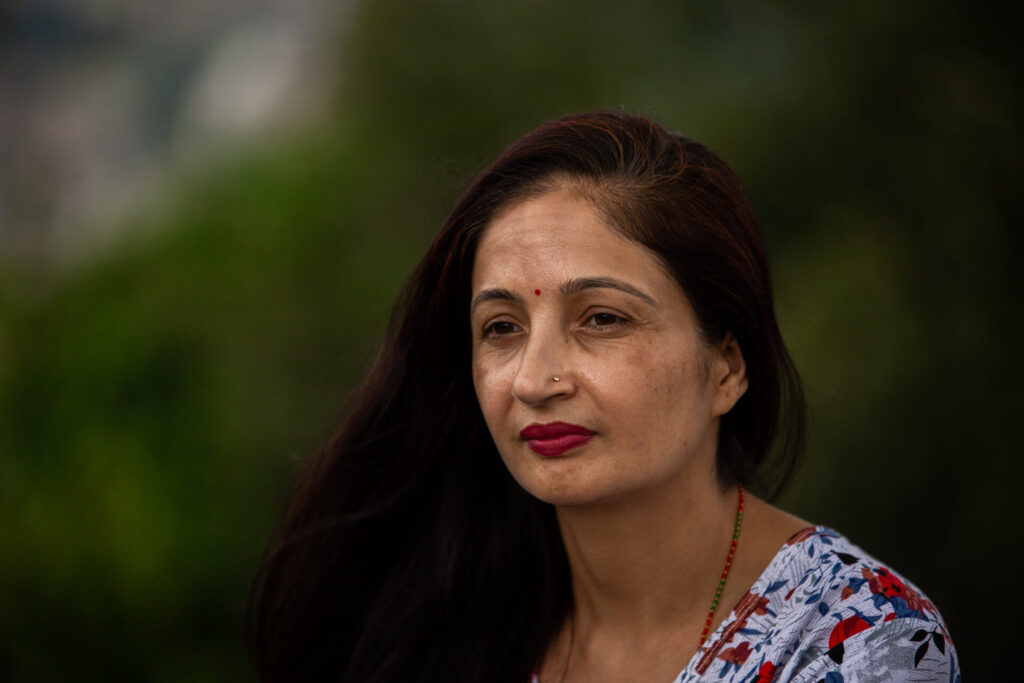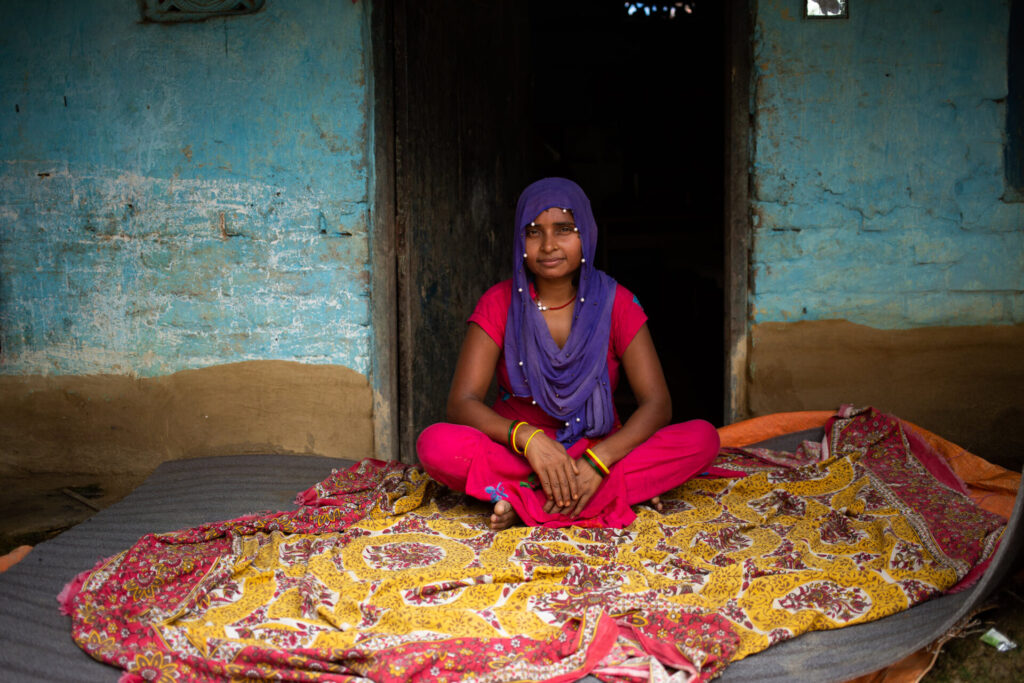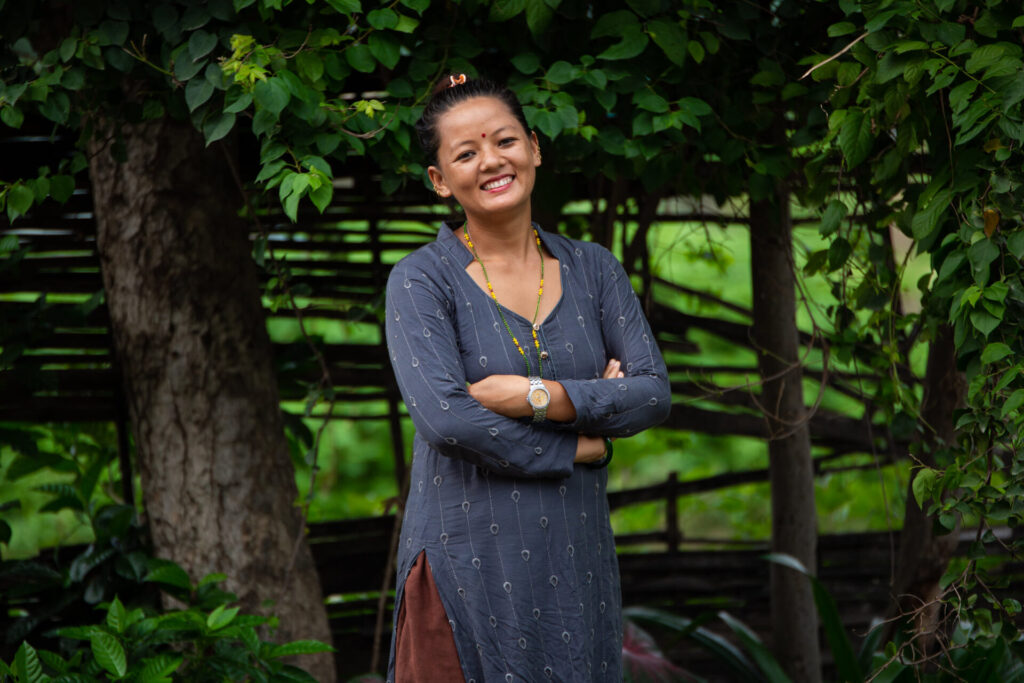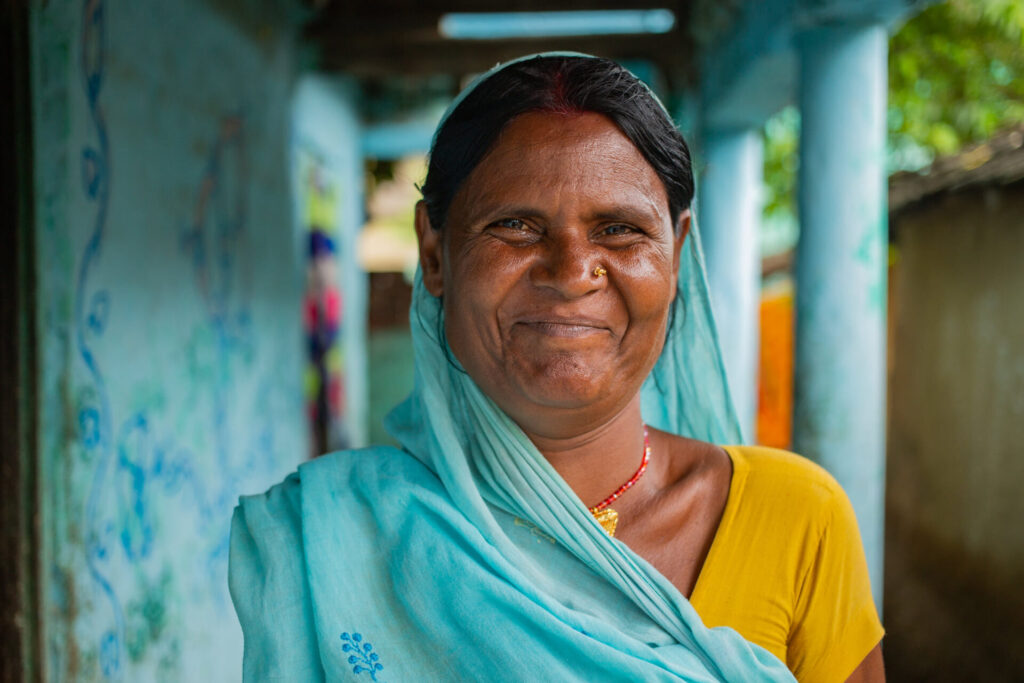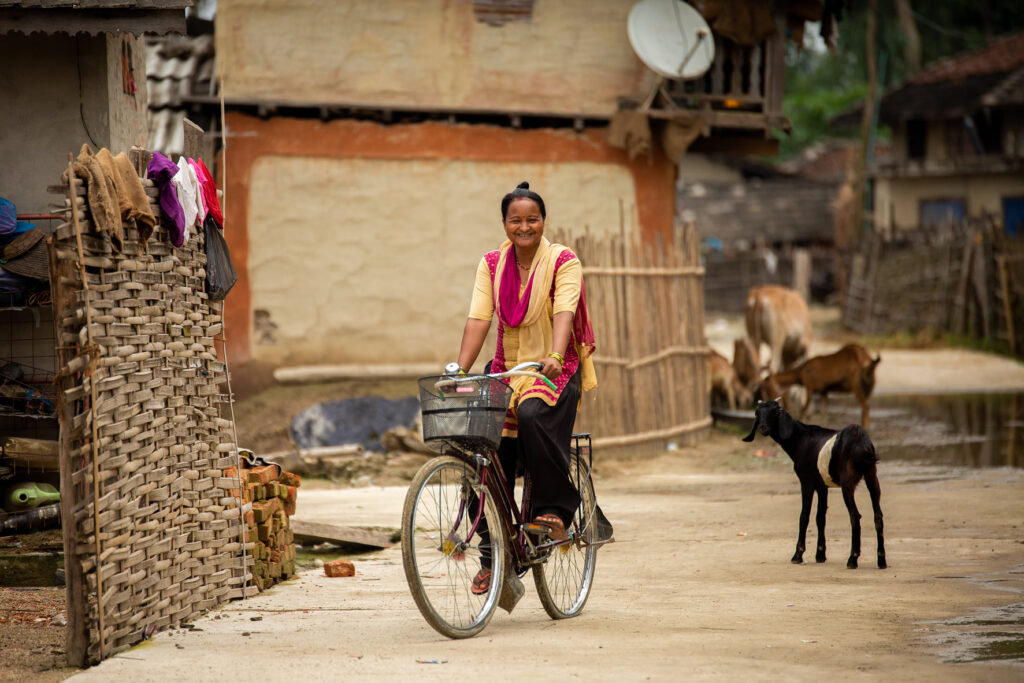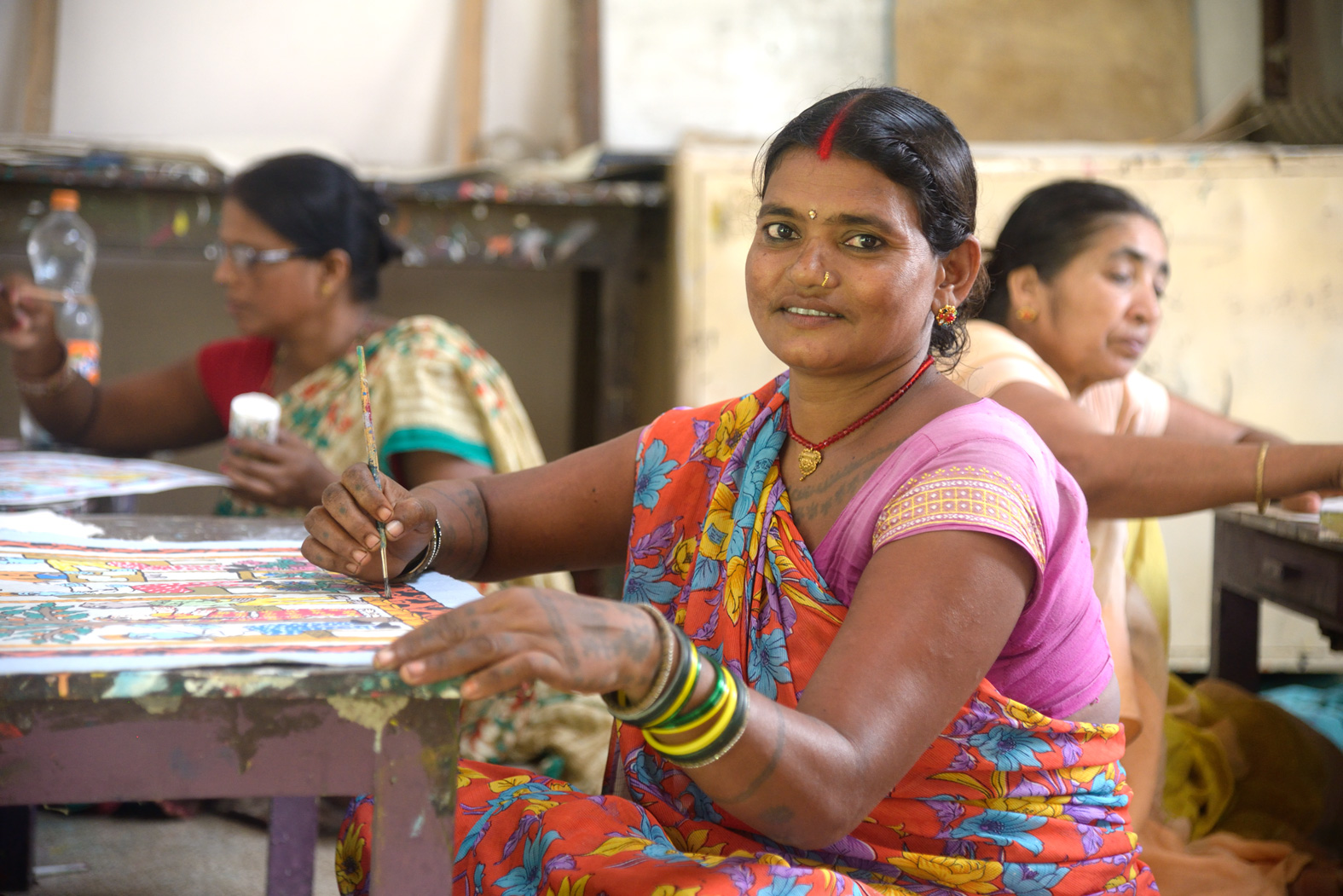
(1/2)”In those times, according to the traditions of my society, daughters were not sent to school. I worked at home. Cut grass, fed and milked cow, fed my siblings and send them to school. Once, I asked my mother if I could go to school and she said, ‘There is no use for a girl to go to school. Your place is at home.’ We led a very poor life. My father worked for daily wages and was paid in some kilos of rice after every harvest. Food was never enough. I would always eat at last. Sometimes there would not be anything left for me. And I would sleep empty stomach but I was happy that my parents and siblings did not have to go to sleep empty stomach. I was married when I was 10 years old. My husband was 14. I did not understand anything at that time. And I could not foresee what was next, how I was going to live and with whom. I was told to obey my in-laws without question. One thing that immediately changed was the clothes I used to wear. As a 10 years old I wore whatever my parents gave me and mostly it was kids clothing. But when I moved to my husband house, I had to wear sari and cover my head with a veil all the time. I struggled with that because the sari and the veil were made of polyester. My body burned in that heat and there was many times I would throw up. Mother had told me that I also had to bring change in the way I addressed people in my husband’s house. I was to use proper salutations and I was not to speak casually like I would at home. And with a child’s mind, it didn’t occur to me that it only applied to people, and not pets. One day, my in-laws laughed in bewilderment when I respectfully asked the pet dog to leave, using salutations that would be used only to address people.” (Madhumala Mandal, Janakpur 12, Dhanusa)
